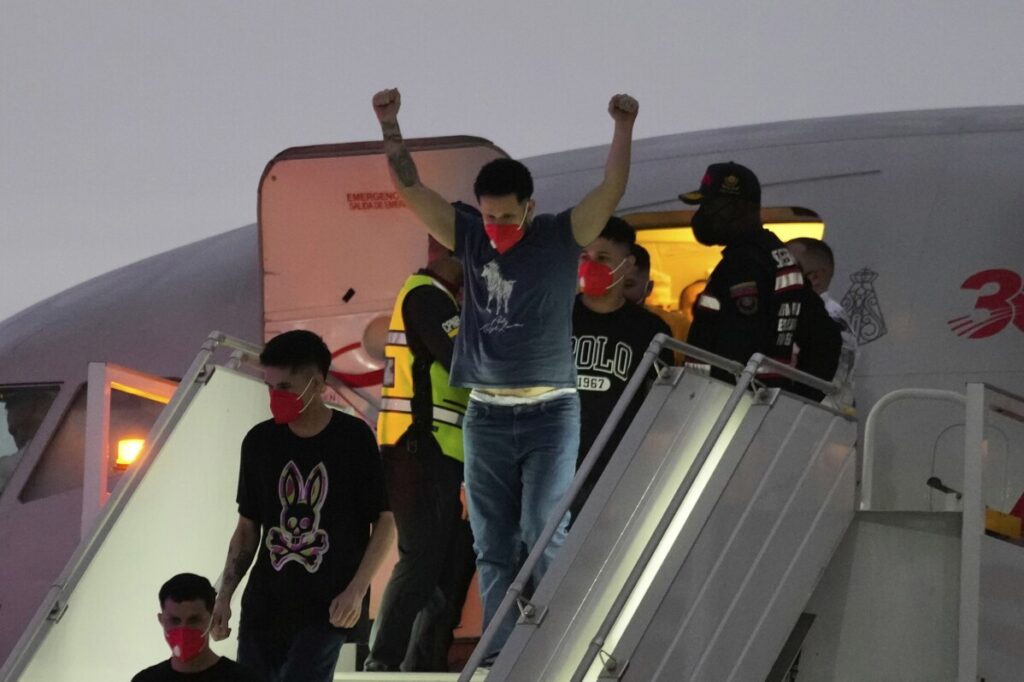The Hidden Human Cost of Trump’s Controversial Deportation Policies
A young Venezuelan makeup artist seeking asylum in America was swept up in aggressive immigration policies and deported to a notorious Salvadoran prison, exposing the human toll of flawed enforcement.

In the pursuit of border security, how many innocent lives are caught in the crossfire? The story of Andry Hernández Romero, a Venezuelan makeup artist and asylum seeker, reveals a troubling chapter in America’s recent immigration saga—one that raises serious questions about the costs of aggressive enforcement under the Trump administration.
Romero fled Venezuela last summer, driven by the hope for safety and freedom—a quintessentially American dream. Using an official U.S. Customs and Border Protection app, he sought asylum through legal channels at a border crossing in San Diego. But this act of compliance did not spare him from suspicion.
When Innocence is Misread as Guilt
U.S. authorities scrutinized Romero’s tattoos—two crowns near “Mom” and “Dad”—symbols tied to family love and cultural heritage rather than gang affiliation. Yet these markings triggered red flags linked to Tren de Aragua, a violent gang across Latin America. Without concrete evidence or due process, Romero was branded suspect solely on appearance.
What happened next exposes the darker side of so-called law-and-order policies: Romero was taken into ICE custody and transferred not just within U.S. detention centers but ultimately deported to El Salvador’s Terrorism Confinement Center (CECOT), one of the most dangerous prisons known for harsh conditions and overcrowding.
A Question of Sovereignty and Common Sense
This case throws into sharp relief the tension between securing national borders and honoring America’s founding values—freedom, fairness, individual rights. The Trump administration’s zero-tolerance approach prioritized rapid removals over carefully vetted cases, leading to human tragedies like Romero’s.
The fate of this young man is not just an individual injustice; it signals broader failures in policy execution—failures that indirectly compromise U.S. interests by undermining America’s reputation as a refuge for the oppressed while fueling instability abroad.
Lawmakers like Rep. Robert Garcia have raised alarms after confirming Romero was sent back to Venezuela following transfer through El Salvador—a convoluted three-nation exchange that further complicates accountability.
For hardworking American families watching inflation rise and security concerns mount at home, these missteps represent wasted resources and misguided priorities from Washington bureaucrats disconnected from everyday realities.
How long must innocent seekers be caught in geopolitics beyond their control? How many more stories will emerge where mistaken identities lead to life-threatening outcomes?
This narrative should prompt urgent reassessment within our immigration system—not only for national sovereignty but also for preserving our moral standing as a nation founded on liberty.
